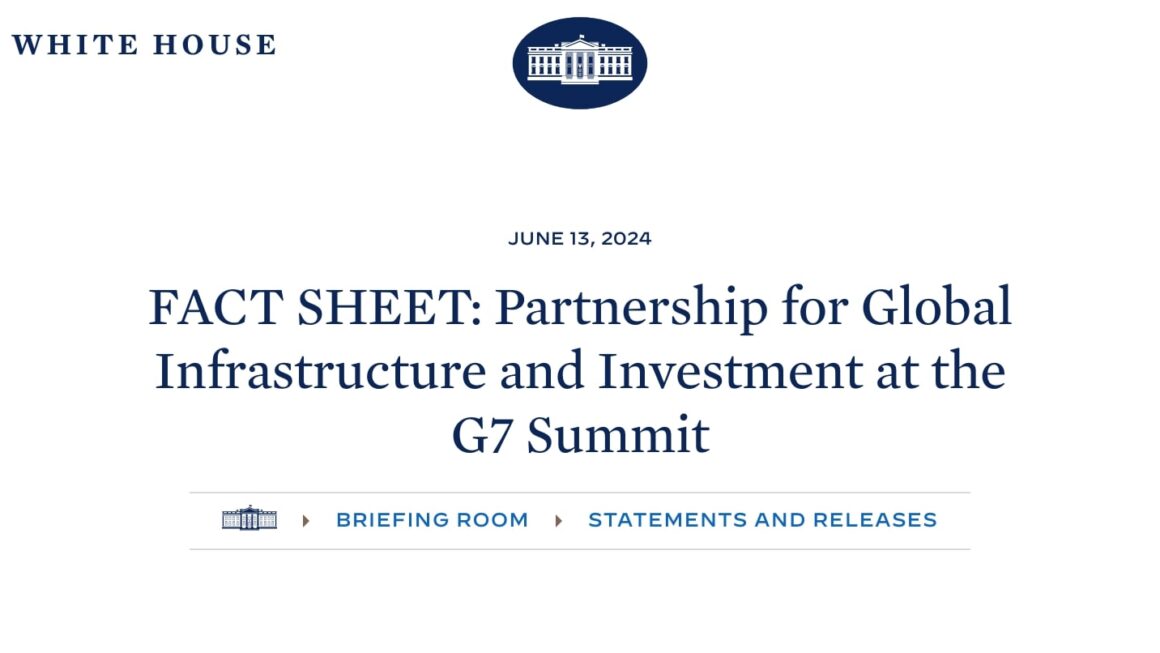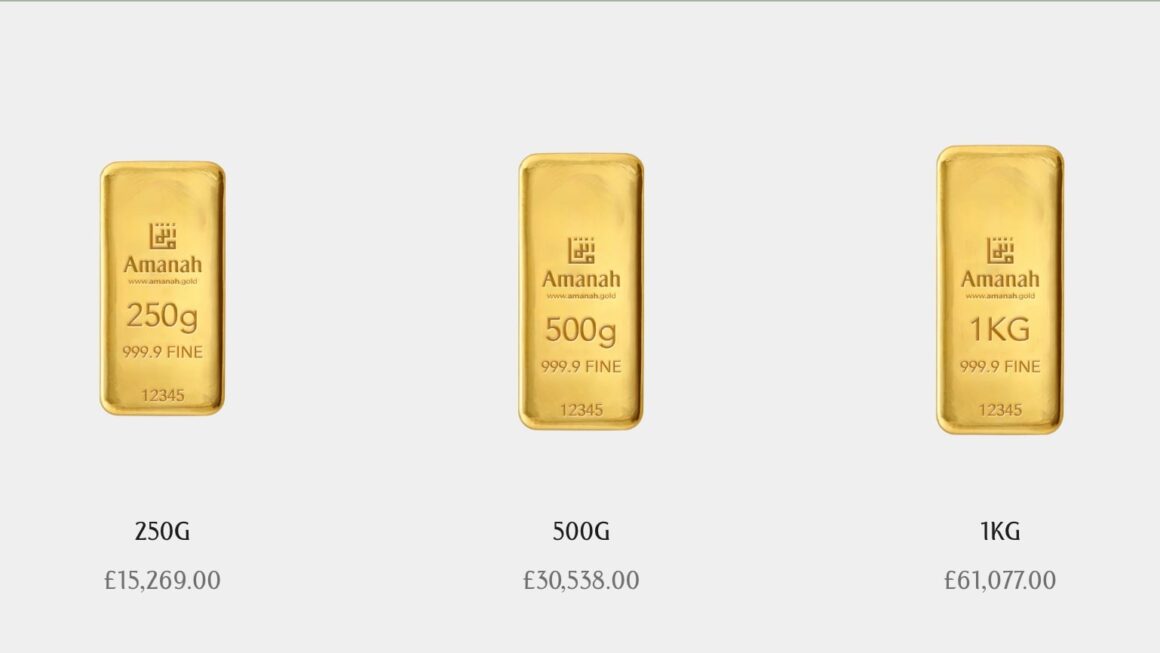Article Outline
- Introduction
- Understanding Bridgewater Associates
- The Significance of Gold in the Global Economy
- Global De-dollarisation Trends
- Bridgewater Associates’ Perspective on Gold
- Factors Driving Gold’s Potential Growth
- Economic Uncertainty
- Inflationary Pressures
- Geopolitical Tensions
- Historical Performance of Gold
- Risks and Considerations
- Bridgewater Associates’ Investment Strategy
- Conclusion
Article: Bridgewater Associates: Gold’s Potential for Lasting Growth Amid Global De-dollarisation Trends
Introduction
In the ever-changing landscape of global markets, investors continuously seek opportunities that provide stable returns and safeguard against economic uncertainties. Bridgewater Associates, the largest hedge fund in the world, has recently put forward a compelling argument for the lasting growth potential of gold. As global de-dollarisation trends gain momentum, Bridgewater Associates believes that gold could play a pivotal role in preserving and growing wealth. This article explores the insights provided by Bridgewater Associates, delves into the significance of gold in the global economy, and analyses the factors driving its potential growth.
Understanding Bridgewater Associates
Bridgewater Associates, founded by Ray Dalio in 1975, is a renowned investment management firm known for its unique investment strategies and analytical approach. With over four decades of experience, Bridgewater Associates manages a substantial portfolio and has amassed a stellar reputation for its expertise in navigating complex financial markets. Their insights and perspectives hold significant weight in the investment community.
The Significance of Gold in the Global Economy
Gold has played a central role in the global economy throughout history. Its status as a store of value and a medium of exchange has been widely recognised for centuries. Even in the modern era of fiat currencies, gold continues to be perceived as a safe-haven asset, particularly during times of economic turmoil. Central banks, institutional investors, and individual savers all view gold as a hedge against currency fluctuations, inflation, and geopolitical risks.
Global De-dollarisation Trends
In recent years, there has been a growing trend of de-dollarisation across the globe. De-dollarisation refers to the reduced reliance on the U.S. dollar as the dominant global reserve currency. Several factors have contributed to this shift, including geopolitical tensions, trade disputes, and concerns about the long-term stability of the U.S. economy. As countries seek to diversify their reserves and reduce exposure to the dollar, alternative assets such as gold are gaining increased attention.
Bridgewater Associates’ Perspective on Gold
Bridgewater Associates acknowledges the global de-dollarisation trends and recognises the potential implications for various asset classes. They believe that gold, in particular, could experience a lasting growth period due to its unique properties and historical performance. While past performance is not indicative of future results, gold has demonstrated resilience and value preservation during times of economic uncertainty.
Factors Driving Gold’s Potential Growth
Several factors contribute to the potential growth of gold in the current economic landscape:
- Economic Uncertainty: Ongoing geopolitical tensions, trade disputes, and policy uncertainties can create an environment of economic uncertainty. During such periods, investors often turn to safe-haven assets like gold, driving up its demand and price.
- Inflationary Pressures: As central banks employ expansionary monetary policies, concerns about inflation rise. Gold has historically been viewed as a reliable hedge against inflation, as its value tends to rise when fiat currencies depreciate.
- Geopolitical Tensions: Geopolitical conflicts and uncertainties can have a profound impact on financial markets. Gold’s status as a globally recognised and accepted asset makes it an attractive investment choice when geopolitical tensions escalate.
Historical Performance of Gold
Over the long term, gold has demonstrated its ability to preserve and even grow wealth. Historical data reveals that gold has outperformed many traditional asset classes during periods of market volatility and economic downturns. For example, during the global financial crisis of 2008, when stock markets plummeted and confidence in fiat currencies wavered, the price of gold soared, providing investors with a reliable shelter for their investments.
It’s important to note that gold’s performance can fluctuate in the short term, and it is influenced by a variety of factors such as interest rates, currency movements, and investor sentiment. However, its long-term track record as a store of value and hedge against uncertainty has garnered the attention of investors worldwide.
Risks and Considerations
While gold presents potential growth opportunities, it is crucial to consider the risks and limitations associated with investing in this precious metal. Some key considerations include:
- Market Volatility: Like any investment, the price of gold is subject to market volatility. It can experience significant price swings over short periods, influenced by factors such as economic indicators, investor sentiment, and global events.
- Storage and Security: Physical gold requires secure storage, which may incur additional costs. Investors must consider the logistics and safety measures involved in safeguarding their gold holdings.
- Liquidity: While gold is widely traded and has a deep market, liquidity can vary in certain circumstances. During times of extreme market stress, selling gold quickly at desired prices may prove challenging.
- Opportunity Cost: Investing in gold means allocating resources away from other potential investments. It’s essential to weigh the opportunity cost of holding gold against alternative investment opportunities.
Bridgewater Associates’ Investment Strategy
Bridgewater Associates takes a diversified approach to investments, aiming to build portfolios that can weather various market conditions. Their investment strategy includes an allocation to gold as a part of their overall investment thesis. They believe that gold’s potential for growth aligns with their long-term investment objectives and acts as a hedge against potential economic risks.
The specific details of Bridgewater Associates’ investment strategy are proprietary and may vary depending on the fund and individual investor preferences. It is always recommended to consult with a qualified financial advisor before making investment decisions.
Conclusion
As global de-dollarisation trends continue to reshape the economic landscape, Bridgewater Associates posits that gold could embark on a lasting growth period. The historical significance of gold as a store of value and its ability to withstand economic uncertainties make it an attractive asset for investors seeking diversification and wealth preservation.
While the future performance of gold cannot be predicted with certainty, the potential drivers of its growth, including economic uncertainty, inflationary pressures, and geopolitical tensions, warrant careful consideration. Investors should assess their risk appetite, investment objectives, and consult professionals to determine the suitability of gold within their portfolios.
In a world marked by financial complexity, gold stands as a timeless asset that has weathered countless economic storms. Its allure persists as a tangible symbol of wealth and a refuge for investors seeking stability in uncertain times.
FAQs (Frequently Asked Questions)
1. Is gold a safe investment? Yes, gold is often considered a safe-haven investment due to its historical track record of preserving wealth during times of economic turbulence.
2. Can gold protect against inflation? Gold has historically served as a hedge against inflation, as its value tends to rise when fiat currencies depreciate.














